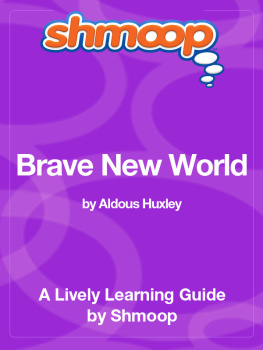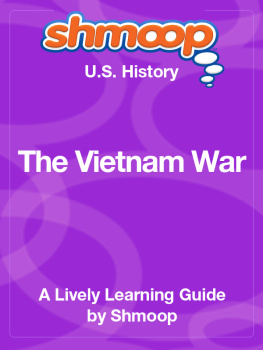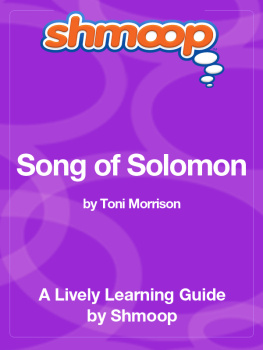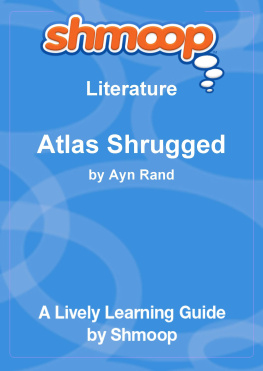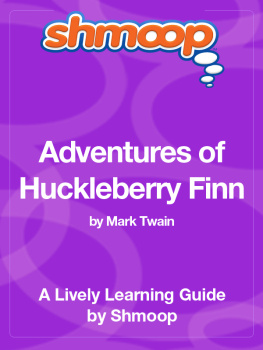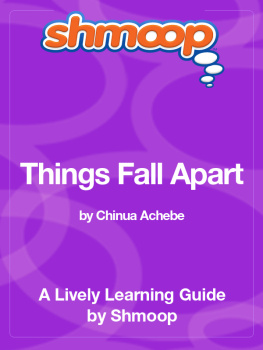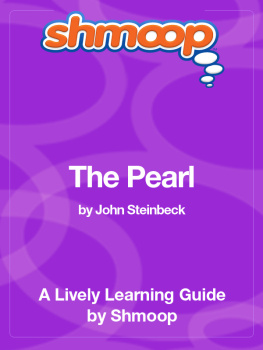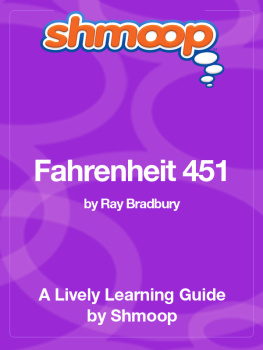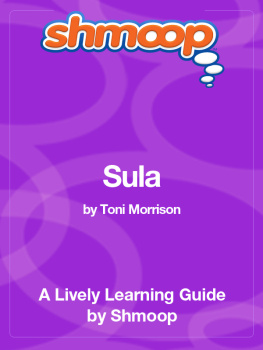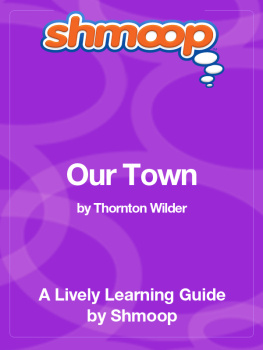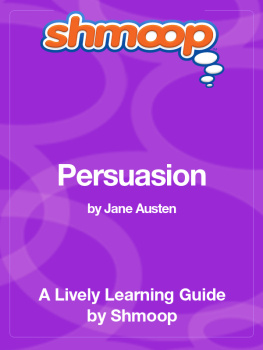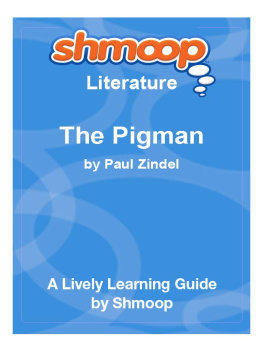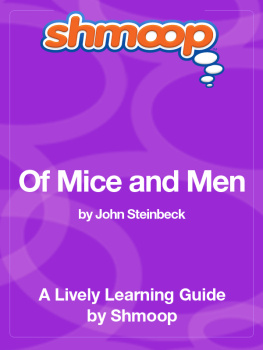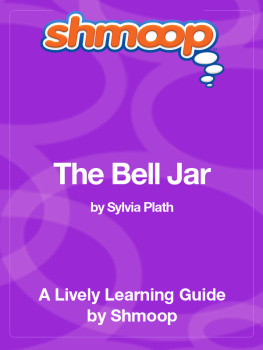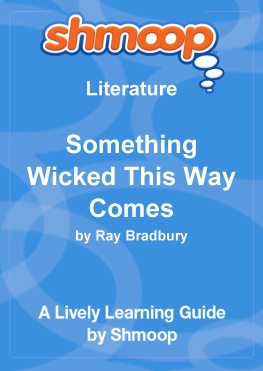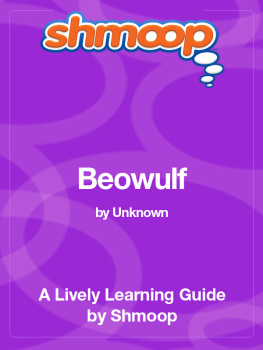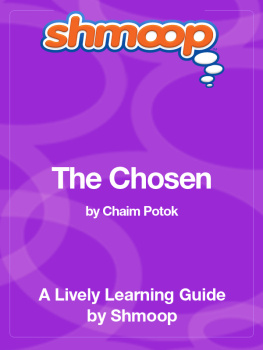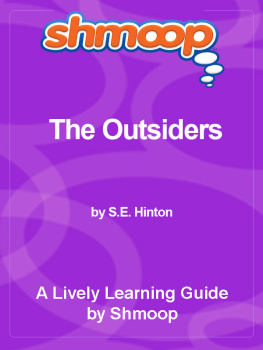
Table of Contents
In a Nutshell/Overview
Published in 1932 by Aldous Huxley, Brave New World portrays a futuristic society in which the individual is sacrificed for the state, science is used to control and subjugate, and all forms of art and history are outlawed. In short, the book fits into the classic mold of "dystopian" literature. ("Dystopia" is the opposite of utopia. In a dystopian society, everything is bad, and it's generally the fault of government.)
While the novel has certainly been a success, it has also been criticized from many quarters. As a work of ideas and philosophy, it's fascinating. As a work of imaginative fiction trying to be a novel...it actually fails, at least according to the tough critics. You'll find that parts of the novel veer off into philosophical treatise land (Chapters Sixteen and Seventeen, in particular), the plot has some holes, and the characters have some major inconsistencies.
But if you step outside of the realm of the stuffiest of literary critics, you can appreciate the impact that Brave New World has made on 20th century literature with its dire warnings about the future. The novel is frequently compared to a much later novel, Orwell's 1984, because the novels treat the same subject matter but in different light. In 1958, Huxley published an essay called Brave New World Revisited, in which he basically says, "I was right" and predicts that his horrifying vision of the future will come to fruition sooner rather than later.
Why Should I Care?
In Brave New World's new world, there is no God. There's no religion, no Ten Commandments, no spiritual pilgrimages. Why? Because "God is incompatible with machines," we're told. Eliminate suffering, and you don't need God to give you comfort.
OK, now let's back up 532 years to roughly...today. Or maybe, by the time you're reading this, yesterday. If you've turned on your TV in the last few years, you've probably heard something on the news about evolution, creationism, and intelligent design. As we learn more and more through science and can do more through technology, the question is this: Will the need for God disappear once we don't need a higher being to give us answers or comfort?
Comfort, answers... either way, the topic here is one of unease. In Brave New World, physical ease means God isn't needed. In today's world, the question can be expanded to ask whether mental ease means God isn't needed.
We spent some time looking into what the world has to say about this intelligent design/creationism/evolution debate. As it turns out, the big debate isn't so much about which is true - it's about which theory we should teach in schools.
Wait a minute...we're having this HUGE, raging argument about God, and it's not even really about God? It's about education?
And now we'd like to turn your attention, once again, to Brave New World. Huxley's novel isn't just a warning about science - it's a warning about education. The citizens of his future-world-gone-wrong are indoctrinated with irrational lessons in morality and behavior from day one. Teach them the same mindless platitudes over and over, and before you know it, this indoctrination is a part of who they are. (Actually, according to Huxley, it drips onto them like wax and forms a big, blobby mess where a person used to be.)
Huxley's "hypnopaedia" (a.k.a. brainwashing) makes it clear that with education comes a HUGE responsibility. You Shmoopsters out there might be learning, you might be teaching, but no matter who you are, you're in a position to question, debate, and decide what will be taught. We all are. So let's not mess it up.
What's Up With the Title?
Brave New World is chock-full of references to one Shakespeare play after another. (See "Shout-Outs.") But the most important reference, at least thematically, is to
The Tempest. The line in question is this: "Oh, wonder! / How many goodly creatures are there here! / How beauteous mankind is! O brave new world, / That has such people in 't!" In Huxley's novel, the line is spoken by John, the "Savage" raised on an Indian Reservation who, as an adult, is brought to the "civilized" World State, a.k.a. Huxley's futuristic bad place. An avid Shakespeare reader, John is excited about the prospect of visiting a "new world."
So now we go to
The Tempest to see what's up. In the play you've got a young woman named Miranda, who has been on an island her entire life with only her father and two little spirits. So she's basically never seen a man that's a good contender for a romance. Then, a ship comes up on shore with lots of men. She spots one of the men, Ferdinand, and gets all excited. But this line, the "brave new world" line, comes at the end of the novel, when she finally sees all the other men. As you can see, there's a lot of sexuality beneath the surface here.
Which brings us back to the irony of having John the Savage repeat this line. Since John is adamantly anti-sex, it's likely that he's ogling the new world and the "goodly creatures" in it without addressing those goodly creatures' sexuality. On the other hand, we know he's already smitten with Lenina when he quotes Miranda, so he might be alluding to the sexual undertones, although probably not consciously (as we know, John beats himself up when he starts thinking sexual thoughts, but there's no guilt to be seen at the point when he repeats the line).
John ends up reciting this quote several times throughout the book, and, as you'll read in "Shout-Outs," this is a great way to examine how his view of the civilized World State - the "brave new world" - changes. And not in a good way, either.
Writing Style
Precise, Taunting
By "taunting" style, we're actually referring to the way that Huxley delays the disclosure of important information. For example, in Bernard's orgy-porgy scene, we don't really know it's an orgy until two thirds of the way through. Even then, we're never explicitly told what's up - we're just given enough info to put two and two together ourselves. The same goes with the orgy scene at the end, where we don't know if John has sex with Lenina or not, but we're left with enough clues to make a reasonable assumption. And look how we find out about John's death. The whole time the visitors are calling his name, we
think he's dead, but we're being taunted with the prospect of a cash-in moment when all will be revealed. The revelation itself is also telling. Instead of saying that John is dead, the text just shows us his dead hanging feet (attached presumably to his dead, hanging body).
Precision of language in
Brave New World is a beautiful example of form matching function. Huxley describes a society in which scientific exactitude is everything: eighty-eight cubic meters of index cards, 267 days for the bottles to travel along the conveyor belt at 33 centimeters per hour, etc. Similarly, the language of the novel itself is almost as precise. Check this out: "That which had made Helmholtz so uncomfortably aware of being himself and all alone was too much ability. What the two men shared was the knowledge that they were individuals. But whereas the physically defective Bernard had suffered all his life from the consciousness of being separate, it was only quite recently that, grown aware of his mental excess, Helmholtz Watson had also become aware of his difference from the people who surrounded him." Exact enough for you? This language has as much control over displays of emotion, thoughts, and opinions as the World Controllers have over centimeters, days, and grams.

